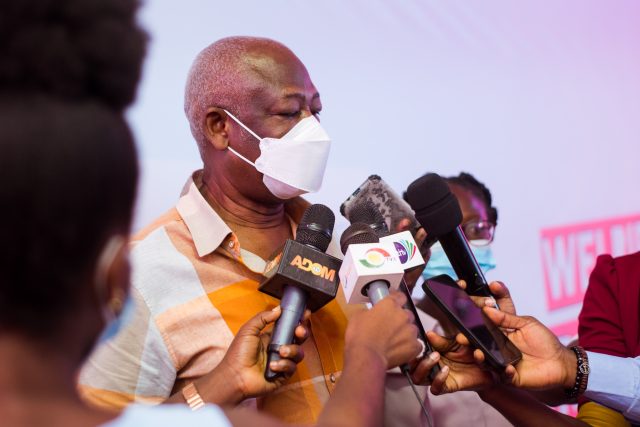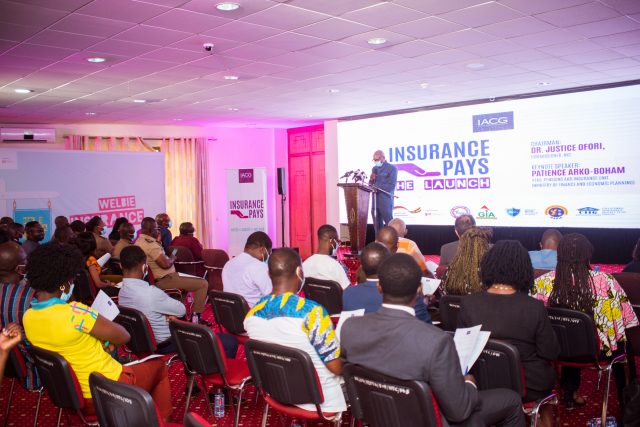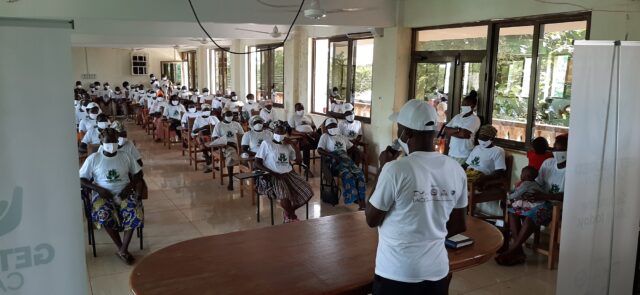FAQ’s
Insurance is a risk transfer mechanism; it is taken to protect oneself against a possible unwanted outcome in life and in business. Insurance enables those who suffer a loss or accident to be compensated for the effects of their misfortune.
Insurance involves paying someone (usually an insurance company) an agreed sum of money regularly. The insurance company takes on the risks associated with specified unforeseen events or accidents that befall an individual and compensates the insured person or some named beneficiaries for the incurred loss/damage.
Types of Insurance
- Life Insurance: Pays an insurance benefit when the person who is insured dies;
- Non-Life (General) insurance: It comes in many forms, including property, liability, disability, health and travel
There are two types of insurance cover that are compulsory in Ghana:
(a) Motor third party insurance and
(b) insurance of private commercial buildings.
The Motor Vehicle (Third Party Insurance) Act, 1958 (Act 42) makes it a crime to drive a motor vehicle on a public road without insurance covering third party liabilities.
Section 183 and 184 of the Insurance Act, 2006 (Act 724) make the insurance of commercial buildings – both completed and under construction – compulsory.
Protecting your life and property should be an important part of your financial plan. Insurance protects you from financial problems resulting from damage or loss either to yourself or to your property. It is therefore important that you insure your life and property against any unanticipated accidents, damages or loss. You can take an insurance to cover for any of the following:
- Death
- Accident
- Theft
- Fire
- Loss
- Damage
- Disability Health.
There are many insurance companies that offer Life insurance and many others that offer Non-life (General) Insurance in Ghana. You can go to any of these insurance companies and purchase a policy.
Once you contact them, their staff will advise you on what they offer and what is best suited to your insurance need.
Once you have life with its possible unwanted outcomes, it is advisable to take an insurance against such possible unwanted outcomes. Also, as soon as you acquire a property it is advisable to choose an insurance to cover the risk of damage or loss to the property.
Life Insurance
- When you buy Life Insurance you don’t renew your policy each Instead, you agree to pay a fixed premium for a set number of years. There are new Life Insurance products in the market now which combine investment with life cover; with such policies, you make periodic payments to the insurance company for a specified period of time.
Non-Life (General) Insurance
- When you buy a Non-Life (General) Insurance policy, you have to renew your policy every year with the payment of annual premium unless the policy is for a period less than one year.
This is a document of agreement between an individual or organization and an insurance company. Once you decide which kind of insurance policy you wish to take and meet the requirement of the company for such insurance, you will be given an insurance policy.
Whatever policy you are considering, you need to carefully analyze every aspect of the policy before you sign the insurance contract.
As part of the agreement captured in the insurance policy you will commit to pay an agreed sum of money to the insurance company regularly. This is called the premium. The company in turn commits to take on costs associated with risks in relation to specified unforeseen events and accidents that befall you. Usually insurance premiums are paid annually but for short term policies, the premium may be paid once. The premium is usually paid before the policy starts running.
This is what you are paid in the case of an accident or loss for which you have insured. Once you have entered into an insurance contract and paid your premium, you are entitled to compensation from the insurance company for any damage or loss suffered. The extent of compensation depends on the type of insurance.
Under all insurance contracts, damages or losses incurred must be reported to the insurance company for the purpose of making a claim. In most cases a report must also be made to the police. Under a motor insurance for example, you must report any accident to the police as soon as it occurs to enable you to begin the processes for making insurance claims.
Failure to report an accident can subject you to personal liability if the persons involved later find themselves to be injured and your insurance company denies the claims due to your failure to report the accident promptly.
Here are some common mistakes people make that affect them when it is time to make a claim;
- They don’t carefully analyze their policy before
- There is no proper documentation of their
- They don’t pay their premium at the due date
- They don’t commence the claim procedure on
- They don’t inform their insurer about any recent change in
- They don’t provide accurate and truthful information to the insurance company.



